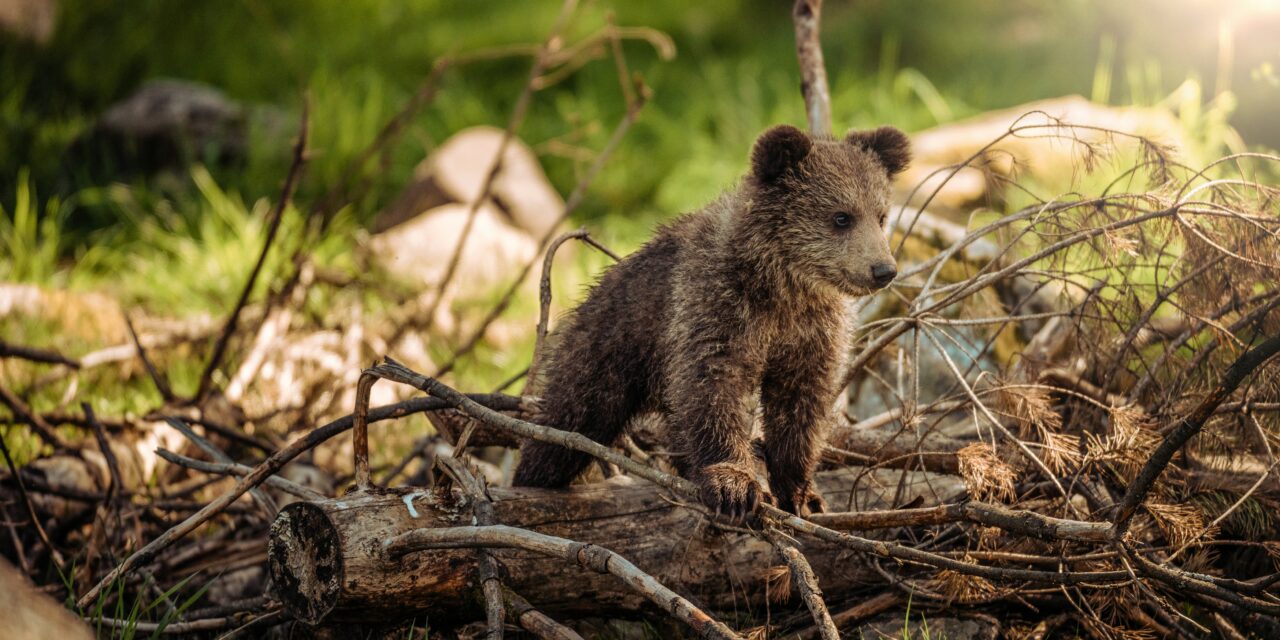Staying Smart Around Wildlife: Essential Tips for Campers
Discover how to enjoy the wonders of nature while ensuring safety and respect for the wildlife that inhabits it.
Understanding Wildlife Safety
The Importance of Smart Camping
Camping offers a unique opportunity to connect with nature, but it’s crucial to be mindful of the wildlife that shares these spaces. By understanding and respecting these creatures, campers can enjoy a safer and more enriching outdoor experience. This guide provides essential tips to help you navigate your next camping trip responsibly, ensuring both your safety and the protection of the natural environment.
Essential Wildlife Safety Tips

Maintain a Safe Distance
Always observe wildlife from afar. Use binoculars or zoom lenses for a closer view without disturbing the animals.

Secure Your Food
Store food and scented items in sealed containers to prevent attracting wildlife to your campsite.

Make Your Presence Known
Make noise while hiking to alert animals of your presence and avoid surprise encounters.
Maintain a Safe Distance
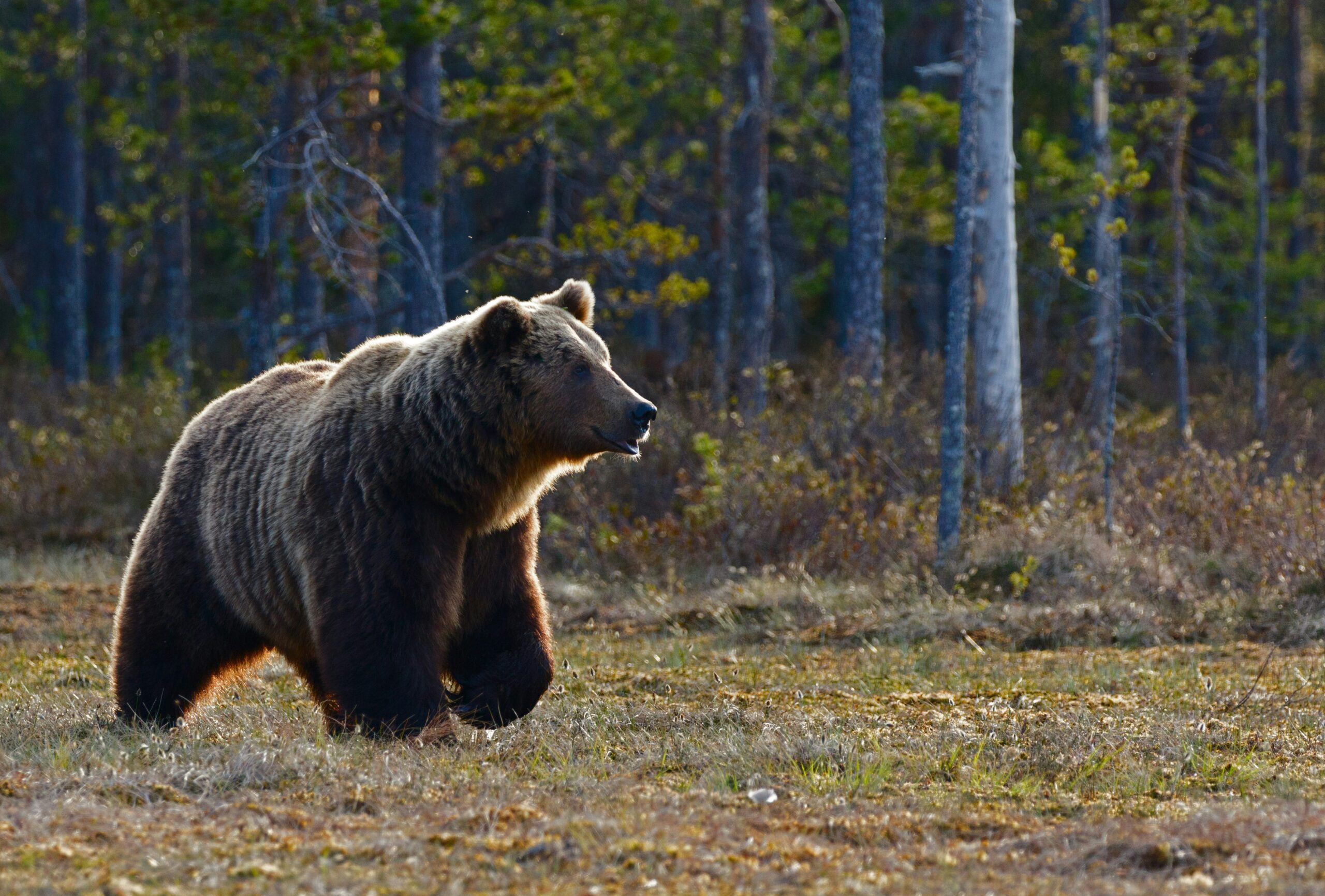
When you’re out camping, it’s natural to be curious about the animals that share the wild spaces with you. But keeping a safe distance from wildlife is one of the most important rules for both your safety and theirs.
Wild animals can be unpredictable. Even those that seem calm or used to people can become aggressive if they feel threatened or cornered. Getting too close can also stress animals out and disrupt their natural behaviors.
A good rule of thumb? If an animal changes its behavior because of you, you’re too close. Use binoculars or your camera’s zoom lens to get a better look, but don’t move in for a selfie or a close-up shot.
Respecting wildlife isn’t just about staying safe — it’s also about preserving the magic of the wilderness. When you keep your distance, you’re giving animals the space they need to thrive and helping protect the places we all love to explore.
Secure Your Food
Proper food storage is essential to prevent attracting wildlife to your campsite. Animals, especially bears, have a keen sense of smell and can detect food from great distances. Always store your food and scented items like toothpaste and soap in bear-proof containers or sealed bags. This practice not only protects your supplies but also keeps wildlife safe by preventing them from becoming dependent on human food. By securing your food, you’re contributing to the safety of both campers and the animals that inhabit the area.
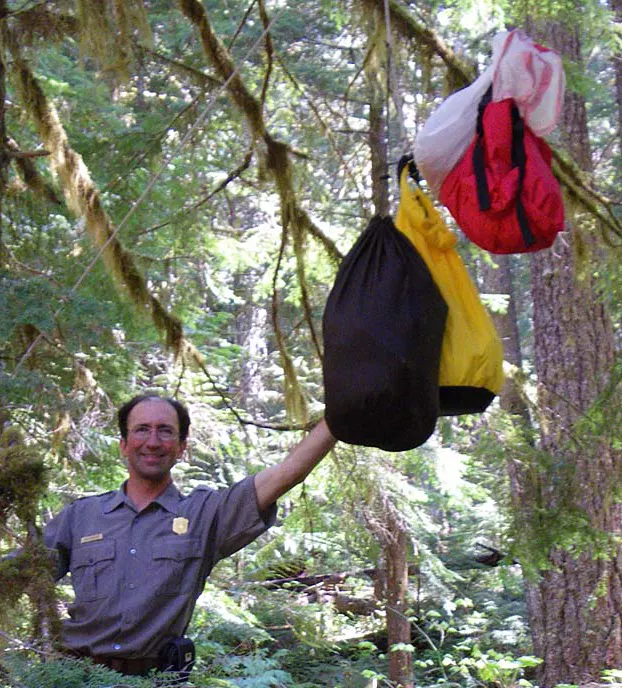
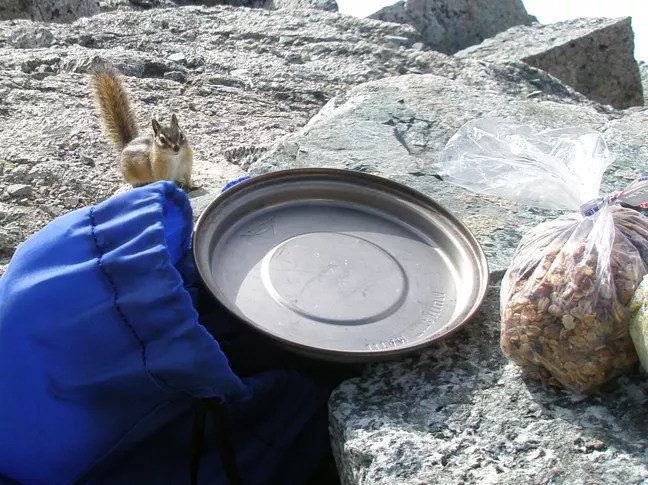
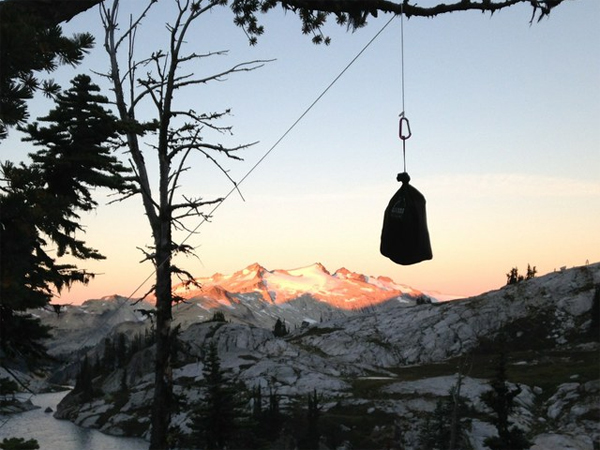
Make Some Noise
While hiking, making noise is a simple yet effective way to avoid startling wildlife. Animals are more likely to move away if they hear you coming, reducing the chance of surprise encounters. Talking, clapping, or using a bell can alert animals to your presence, giving them time to retreat. This is particularly important in areas inhabited by large animals like bears or moose. By making your presence known, you help maintain a safe environment for both yourself and the wildlife, ensuring a peaceful coexistence in nature.



Respect Wildlife Schedules
As the sun rises and sets, wildlife becomes more active, making dawn and dusk critical times for both observation and caution. During these periods, be extra vigilant and maintain a respectful distance from animals as they go about their natural routines. This awareness not only ensures your safety but also minimizes disturbances to the creatures sharing the environment with you.


Stay Alert at Dawn and Dusk
Wildlife is often most active during the early morning and late evening hours. To avoid unexpected encounters, keep an eye on your surroundings and move quietly through these magical times of day.
Mindful Movement
When camping, remember that animals have their own schedules. By being mindful of your movements, especially during dawn and dusk, you can enjoy the beauty of nature without disrupting its rhythm.
Nature's Clock
Understanding the natural cycles of wildlife helps you plan your activities wisely. Respect the animals’ routines and enjoy the serene beauty of the wilderness.
Protecting Nature
Leave No Trace
As you enjoy the great outdoors, always remember the Leave No Trace principles. These guidelines are crucial for preserving the beauty and integrity of wildlife habitats. By packing out everything you bring in and avoiding any disturbance to the natural environment, you contribute to the protection of these precious ecosystems. Every small action counts in maintaining the delicate balance of nature.
Share Your Camping Stories
We’d love to hear about your camping adventures and the wildlife safety tips you’ve learned along the way. Sharing your experiences not only enriches our community but also helps others prepare for their own outdoor journeys. Join the conversation and inspire fellow campers to explore nature responsibly.

